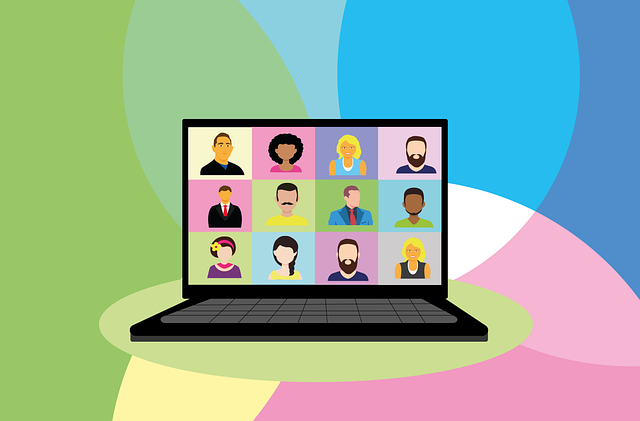Since the pandemic, Zoom has become a staple app for every remote worker. Meetings, presentations, progress reports, and discussions — everything happens on Zoom for better and quick communication.
However, this frequent need to hop onto Zoom calls for everything leads to fatigue among remote workers. It makes you feel tired, exhausted and overwhelmed — a familiar feeling for remote workers using Zoom or other video conferencing platforms.
This fatigue often leads to a decay in productivity and rest, leaving you unrested. But there’s a way to work around it. In this article, we will talk about some best practices that you can implement to prevent this fatigue and keep yourself well-rested.
5 ways to beat zoom fatigue while working remotely
As a remote worker, you cannot reschedule or reduce the number of meetings happening, no matter how redundant they may seem to you. Instead, you can take some steps to ensure that you’re motivated despite challenges at all times
Here are some tips to keep your productivity on the higher side while attending virtual meetings:
1. Dress up for the call
The best way to get into work mode and pump yourself is to dress up. Get out of your work-from-home PJs and get into office wear.
While it may seem unnecessary at first, once you do it, you’ll feel fresh and ready to get into action.
Dressing up for the occasion is one of the first few things that can help your zoom fatigue because of the activeness and energy it brings on board. Drop your sleepwear for a day, and dress up as you would for an office, and you will feel the change.
2. Avoid multitasking
Multitasking may seem like the right option during calls because it allows you to do multiple things and save time. Writing a blog post or creating that marketing strategy may tempt you during meetings. However, doing that may be the reason why you’re feeling overwhelmed and tired during Zoom calls.
When you’re short on time, and you have multiple things on your to-do list, multitasking seems like the best option to get things done simultaneously.
But research shows that multitasking reduces performance productivity by 40%.
Instead of doing multiple tasks while attending a Zoom call, block your time and focus only on the meeting. Remove any unnecessary distractions from your environment and resist the need to carry out other tasks while the call is going on.
3. Change your call environment
If you’re having trouble concentrating on work or calls in your current environment, try changing it slightly. If you usually take calls on your workstation at home, shift to your lobby area or balcony.
Go to a co-working space for a change of work environment; it might help you focus better.
Additionally, you can also make tweaks to your existing workstation by changing the cup you usually drink coffee in, adding more plants to your environment, or shifting your furniture for a different view.
Sometimes, even minor changes in your environment can change the way you work. It can significantly improve your productivity and concentration level, allowing you to enjoy the calls rather than feeling overwhelmed and exhausted.
4. Get up and walk when the camera is off
Having some movement between your Zoom calls is a great way to prevent yourself from falling asleep or feeling exhausted. It can be pretty compelling to turn off your camera and lie on the bed while the meeting goes on, but that will ruin your pace and productivity post call.
To avoid this, walk around your laptop, stretch a bit, maybe run on a treadmill or on the spot for 2-3 minutes. Hitting the refresh button with this movement is essential to overcome lethargy and introduce an adrenaline rush in the body.
After this movement break, when you sit back on the call, you will feel energized and more focused, thus pushing away the potential of Zoom fatigue.
5. Rest your eyes between the call
Understandably, Zoom calls require you to stare at the screen for long hours at a stretch, as long as the meeting is in progress. This can strain your eyes, make them watery, and leave you feeling tired.
As a remote worker, you get little to no time during your work hours, where you’re away from your laptop. If it’s not the laptop, then it’s your phone. Both of them strain your eyes, and that’s one of the most significant factors to feeling overwhelmed.
To avoid this, close your eyes between calls, and make sure you have a balanced sleep at night. Close your eyes for 15 seconds after every hour to give them a break.
You can also look away from the screen in intervals. Try looking outside the window or turning your focus to another point. The idea is to take your eyes away from the digital screen. It might seem weird at first, but it can improve your productivity and energy because now your eyes won’t feel tired.
Conclusion
Zoom and other video conferencing platforms are here to stay, and so is remote working. The fatigue caused through these frequent meetings can hamper your concentration, and productivity directly impacting your work performance.
Now that Zoom is not going anywhere; it’s time you adopt strategies that can help you maximize your proficiency and productivity during calls. Use these tips as starter points to overcome Zoom fatigue and boost your energy during meetings.





